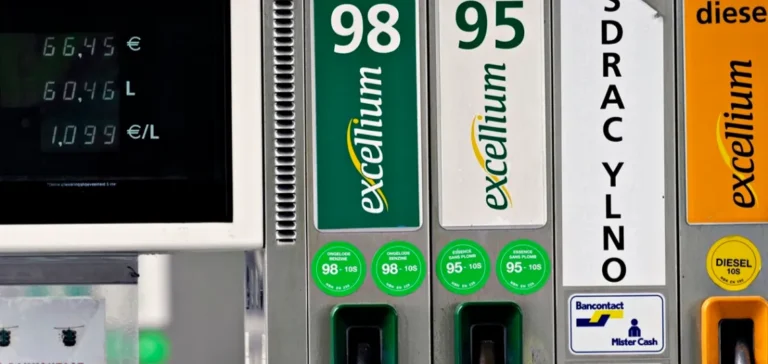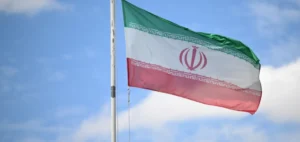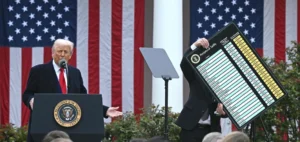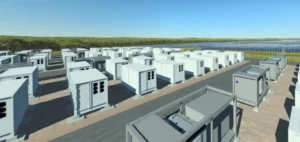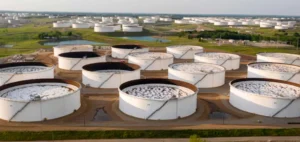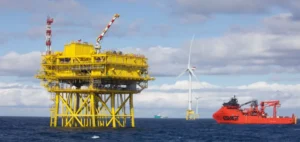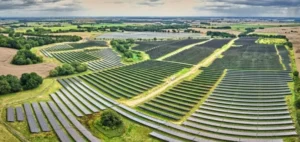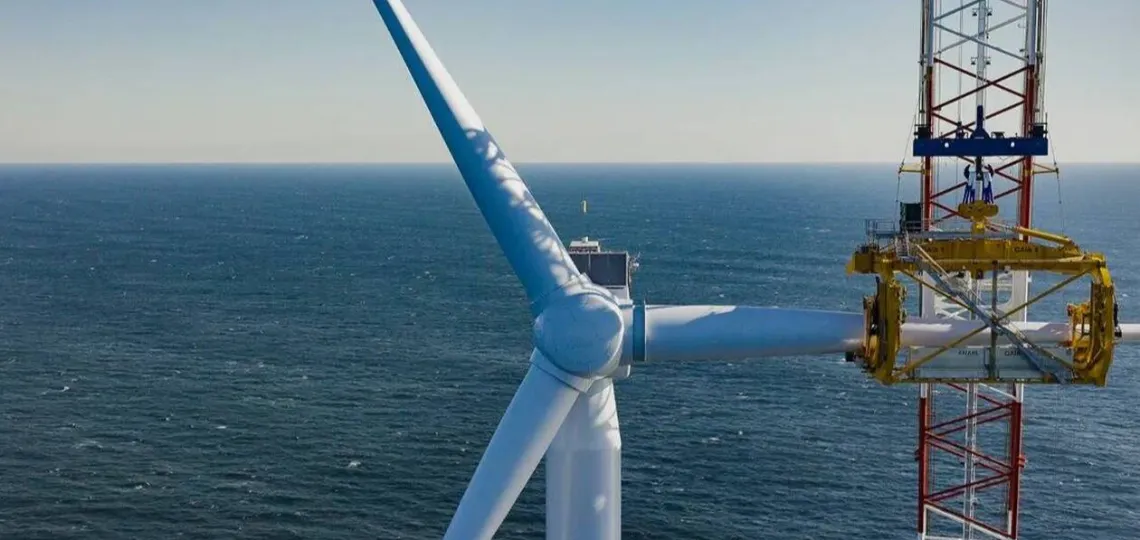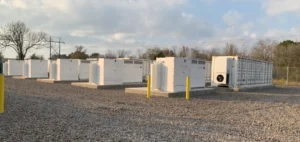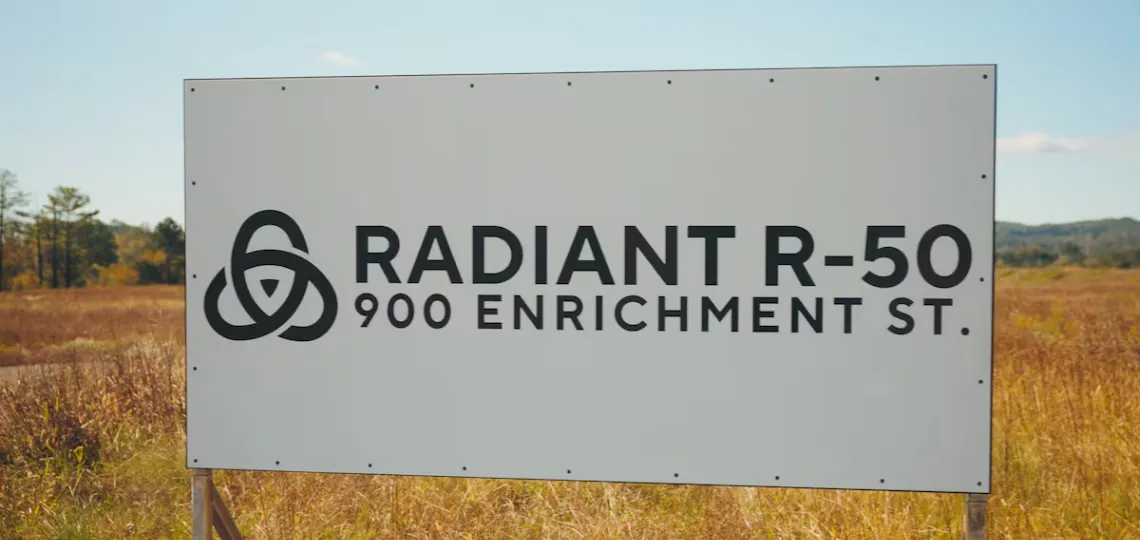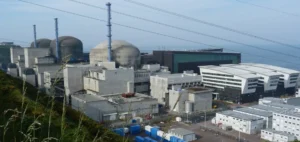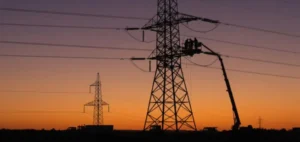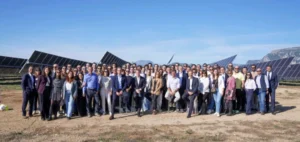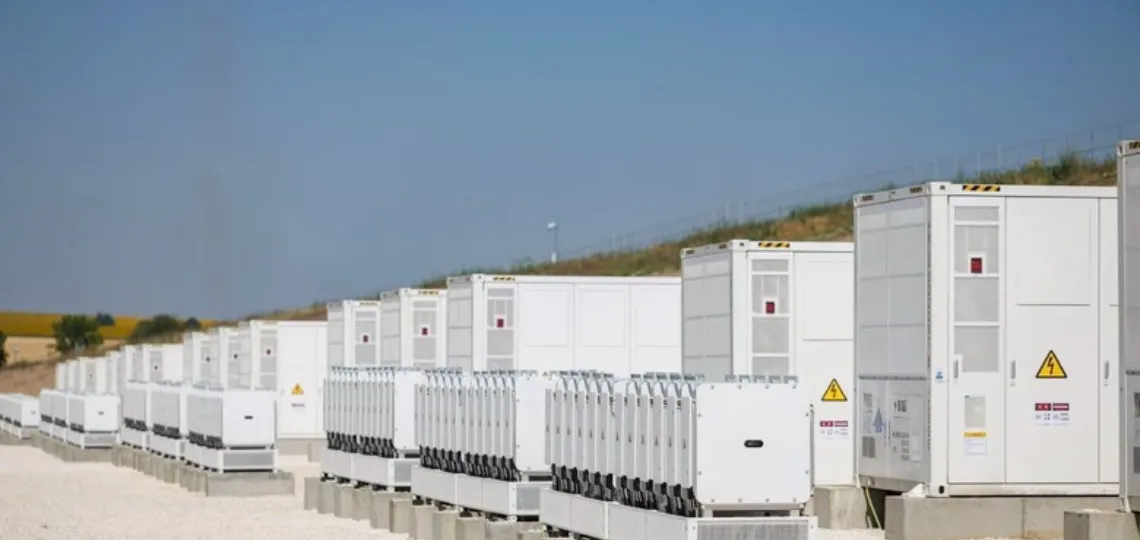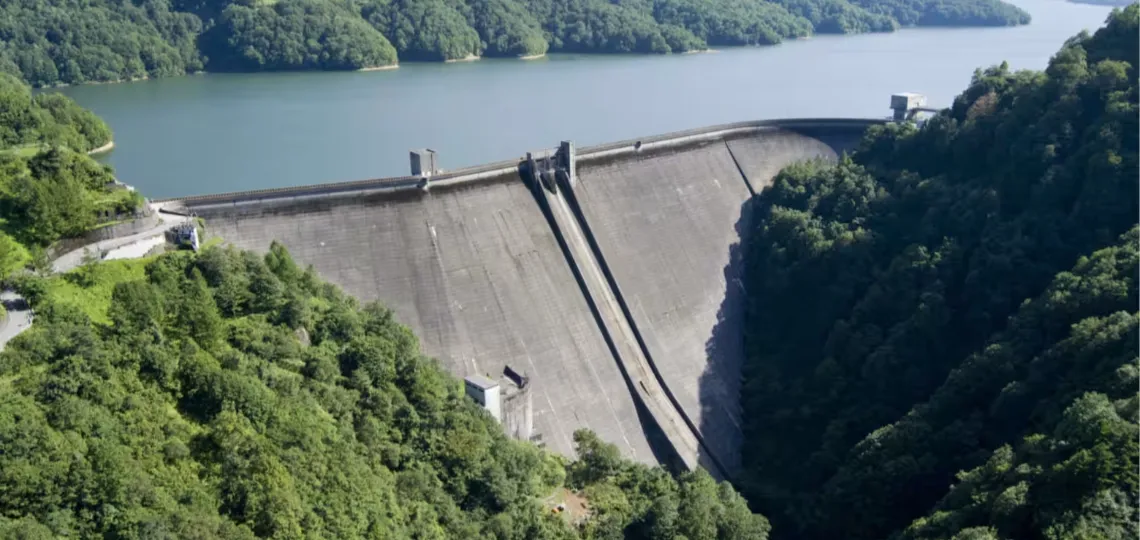- Focus
- Sector Analysis
The formal expiration of the 2015 nuclear deal with Iran comes as international sanctions have already been reinstated and diplomatic negotiations remain stalled.
Liberty Energy warns about the impact of import duties on drilling and power equipment, pointing to a potential obstacle to federal goals related to artificial intelligence and energy independence.
The European Commission imposes new rules requiring proof of refined crude origin and excludes the use of mass-balancing to circumvent the Russian oil ban.
The Dutch Supreme Court has rejected Russia's final appeal, confirming a record $50bn compensation to former Yukos shareholders, ending two decades of legal battle.
Ghana will receive increased backing from the World Bank to stabilise its electricity grid, as the country faces more than $3.1bn in energy debt.
Donald Trump says he secured Narendra Modi’s commitment to end Russian oil imports, adding political pressure to India-Russia trade relations.
Oklo, newcleo and Blykalla partner to develop advanced nuclear fuel infrastructure in the United States, backed by a planned $2bn investment.
Under intense diplomatic pressure from Washington, member states of the International Maritime Organization agreed to postpone by one year the adoption of a carbon pricing mechanism for global maritime transport.
Washington confirms it has mandated the CIA to carry out secret actions against Nicolas Maduro’s government, escalating tensions between the United States and Venezuela amid geostrategic and energy stakes.
Repsol has launched a pilot platform of AI multi-agents, developed with Accenture, to transform internal organisation and improve team productivity.
SUNOTEC expands in the Bulgarian market with seven projects combining battery and solar, totalling 763 MWh of storage and 115 MWp of photovoltaic capacity.
Daily winter demand spikes are pushing Britain’s gas system to rely more on liquefied natural gas and fast-cycle storage, as domestic production and Norwegian imports reach seasonal plateaus with no room for short-term increases.
Two European Parliament committees propose to advance the full halt of Russian hydrocarbon imports to 2026 and 2027, including oil, gas, and LNG, strengthening the European Union’s geopolitical position.
The Canadian oilfield services provider announced a $75mn private placement of 6.875% senior unsecured notes to refinance bank debt and support operations.
Enedis will progressively reorganise off-peak hour time slots from 1 November, impacting 14.5 million customers by 2027, under new rules set by the Energy Regulatory Commission.
Commercial crude reserves in the United States posted an unexpected increase, reaching their highest level in over a month due to a marked slowdown in refinery activity.
Rising terminal capacity and sustained global demand, notably from China and Europe, are driving U.S. ethane exports despite new regulatory uncertainties.
The rise of data centres, electrification, Asian industrialisation and military spending are reshaping global copper market dynamics, while insufficient mining investment could increase price volatility.
British operator Equitix has been selected to take over transmission assets of the Neart na Gaoithe offshore wind farm, a £450mn ($547mn) project awarded under Ofgem’s tenth tender round.
Energiequelle GmbH has launched replacement work for old turbines at its Minden-Hahlen site, aiming for long-term structural maintenance with the installation of three new 200-metre machines.
- Last news
Geronimo Power has started construction on the Bee Hollow solar park in St. Clair County, a 150 MW project expected to generate $54mn in direct economic impact for the region.
The International Monetary Fund expects oil prices to weaken due to sluggish global demand growth and the impact of US trade policies.
Eversource Energy posts a one-time $75mn charge linked to unforeseen costs in the Revolution Wind project, while tightening its 2025 earnings forecast.
With lawsuits multiplying against oil majors, Republican lawmakers are seeking to establish federal immunity to block legal actions tied to environmental damage.
Greenflash Infrastructure has acquired a 200 MW standalone storage project in Texas, marking a strategic asset transfer aimed at reinforcing local grid reliability.
California-based Radiant will build its first microreactor production facility in Oak Ridge, on a former Manhattan Project site, with production targeted at 50 units per year by 2028.
Prime Minister Sébastien Lecornu announced a review of public funding for renewable energy, without changing national targets, to avoid rent-seeking effects and better regulate the use of public funds.
The United Kingdom targets two Russian oil majors, Asian ports and dozens of vessels in a new wave of sanctions aimed at disrupting Moscow's hydrocarbon exports.
French biofuel stakeholders denounce a tax hike on B100 and E85 announced in the 2026 draft budget, which they say threatens their income and the industrial balance of local areas.
EDF restarted the Flamanville EPR reactor after repairing non-compliant valves, delaying the target of reaching full power output of 1,620 MW until the end of autumn.
Israeli company Prisma Photonics has raised $30mn in a funding round led by Protego Ventures to develop its artificial intelligence-based detection system for power grids and critical infrastructure.
Lhyfe commissions a 10 MW site in Schwäbisch Gmünd, its first in Germany, to supply RFNBO-certified green hydrogen to industrial and heavy mobility clients.
EDF has inaugurated a 1.2 MWc solar power plant and an intelligent electrical grid in Maripasoula, French Guiana, strengthening the energy autonomy of this remote community previously reliant on fuel imports.
GTT, Bloom Energy and Ponant Explorations Group launch a joint project to integrate LNG-powered fuel cells and a CO₂ capture system on a cruise ship scheduled for 2030.
Storengy has launched its 2025/2026 campaign to sell gas storage capacity over four years, targeting the commercialisation of nearly 100 TWh by 2030, with over 27 TWh available starting in 2026-27.
EDP has commissioned a solar power plant in Salerno integrating livestock farming, with a capacity of 10 MWc and an annual output of 17 GWh, marking the launch of a hybrid model to be replicated in France and Germany.
Aura Power has finalised financing for its fourth UK solar plant in twelve months, backed by Rabobank, bringing its under-construction capacity to 242 MWp across the country.
The Renewables Infrastructure Group has signed a ten-year power purchase agreement with Virgin Media O2 for its onshore wind farms in the United Kingdom, ensuring price stability for both parties.
Major global oil traders anticipate a continued decline in Brent prices, citing the fading geopolitical premium and rising supply, particularly from non-OPEC producers.
The US government has withdrawn its proposal to suspend liquefied natural gas export licences for failure to comply with maritime requirements, while maintaining a phased implementation schedule.





